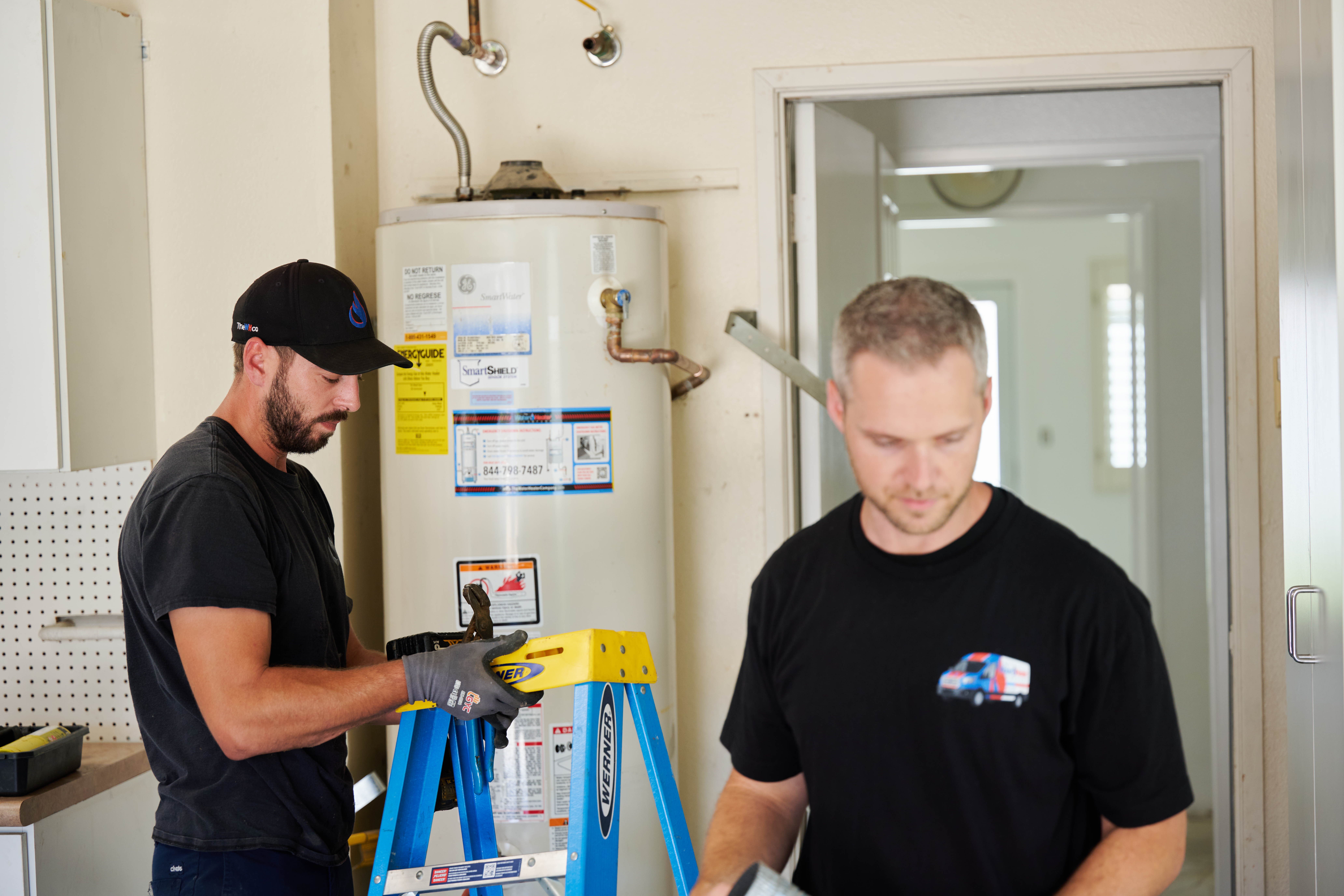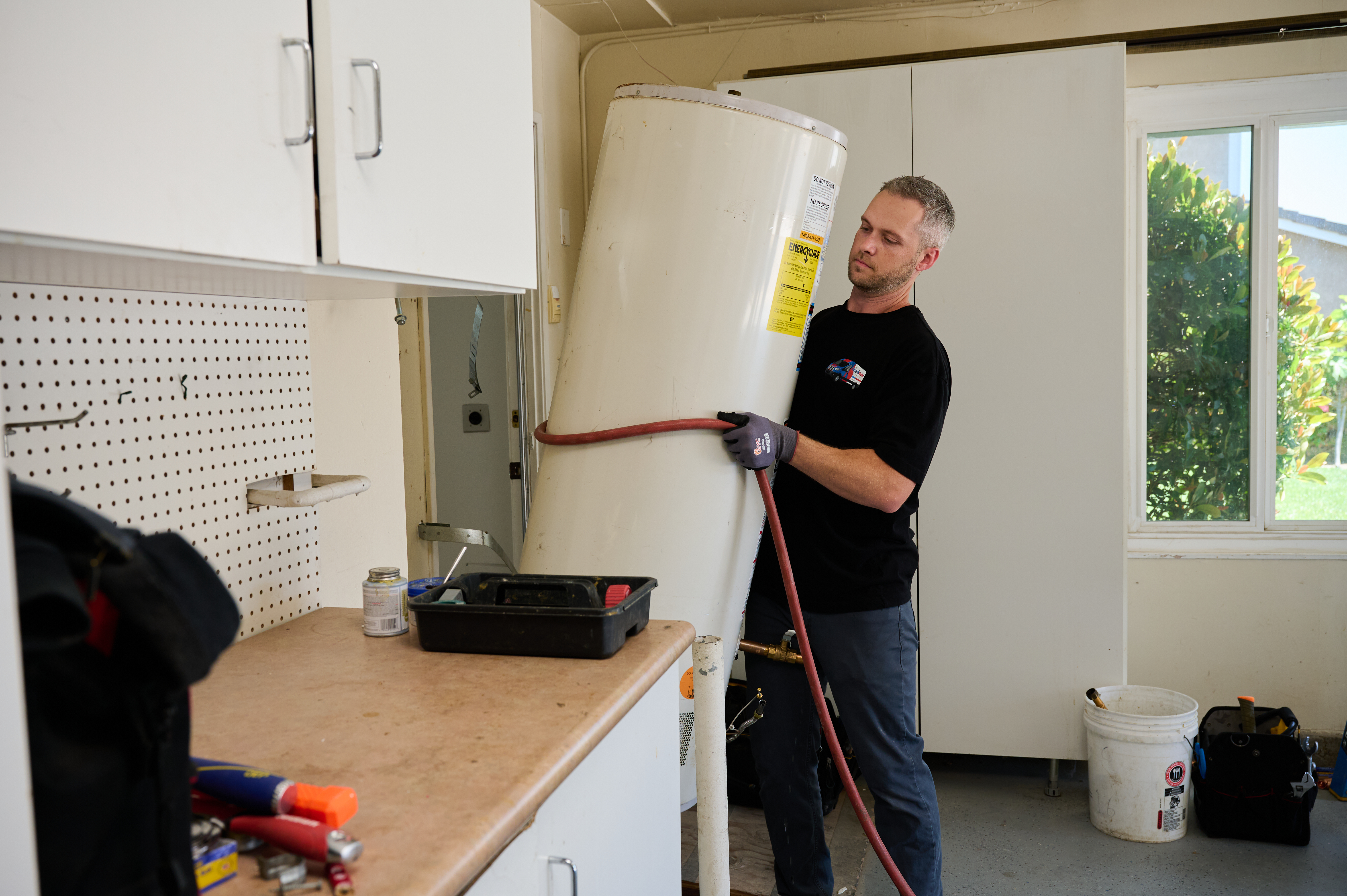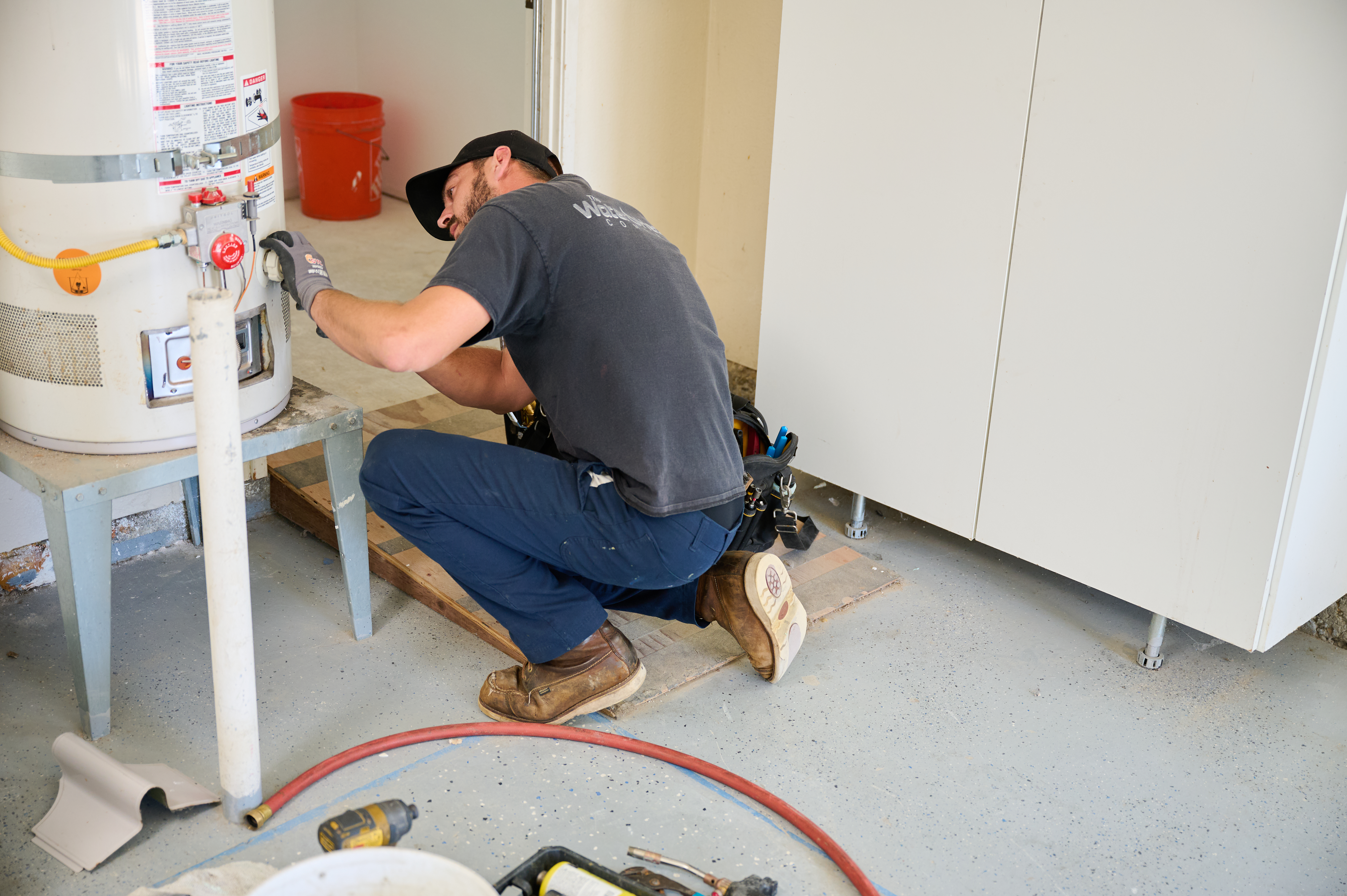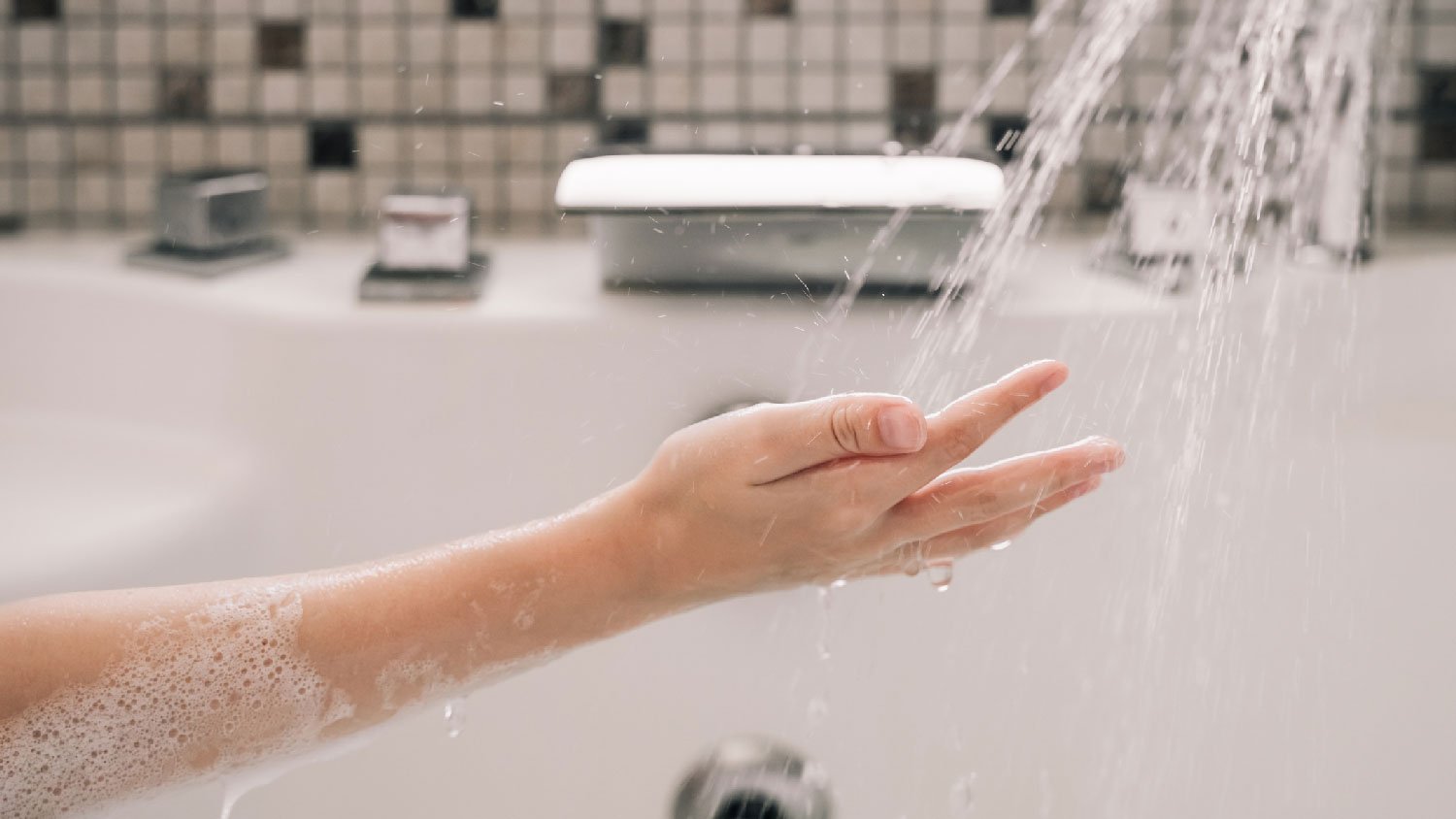
Learn about the different factors that go into water heater gas valve replacement costs to see if you should DIY the project or call a pro.
Keep your shower hot and your energy bill low by following these seven water heater tips


It’s easy to forget how much you rely on the water heater. It is responsible for hot showers, clean laundry, clean dishes, and, of course, drawing a luxurious bath after a long day. Residential water heaters last anywhere from six to 12 years and a replacement costs as much as $1,500.
Luckily, there are several ways to help prolong the life of your water heater and keep it in top working order. Following these seven water heater maintenance tips may help you extend your tank’s life expectancy, lower energy bills, and minimize damage from leaks.
If your water heater does fail and you need to call in a qualified pro for repairs or replacement, make things easier by having any pertinent information written down. Write down the type of water heater you have, the location in your home, the model number, and the serial number. If you have access to the heater’s age and gallon capacity, write that down too. This information is important for warranty purposes, plumbers, and repair companies.
Correct water heater placement is important. Give your water heater some space so it can work unimpeded and you can access it when needed. Gas-fired units need a good supply of oxygen to burn gas and, if smothered by nearby objects, efficiency will suffer, and you’ll be at a higher risk of a gas leak.
Speaking of leaks, making sure your water heater is easily accessible and free from debris will make it easier to spot water leaks before the water damage has gotten out of control. Plus, you’ll be able to reach it if you need to change the water temperature or turn it off.
Teach yourself to shut off the water and the power supply to the water heater before you face an issue such as leaking or if you smell gas. There should be a gas valve or disconnect switch within a few feet of the water heater.
Over time, sediment and debris build up in your water heater tank, which corrodes the tank and decreases overall efficiency. To prevent these problems, drain and flush your water heater at least once a year.
If you notice a lot of sediment or debris, then perform a full flush. Start by turning the temperature down to its lowest setting, then completely drain the tank. Next, turn the water back on with the drain open and let the water flow for a minute or so to remove any lingering sediment. Once the tank is refilled, turn the thermostat back to your desired setting.
Here’s a simple one. Wrap an insulated blanket around the tank of your water heater and any nearby exposed pipes. This helps reduce energy consumption by decreasing standby heat loss. In addition to increasing overall efficiency, performing this little trick can help save money on your utility bill and extend the life of your water heater, as the energy demands will be lower. Many stores sell purpose-built insulated blankets that fit most common water heater designs. Check your instruction manual before adding to make sure it’s safe for your specific unit.
Like a car and other heavily used appliances, water heaters need a tune-up once in a while. Every year, hire a qualified plumber to complete a thorough inspection. They’ll inspect and clean the burner assembly, repair any exhaust flue issues, check for leaks and corrosion, and check the anode rod to see if it needs replacement.
You can do some of this yourself, though a pro is better suited to reach inaccessible areas of the water heater. Start with the top of your water heater and check for any leaks or heavy corrosion on the pipes and valves. For gas water heaters, check the draft hood for proper placement, with a few inches of air space between the tank and where it connects to the vent. Look for any corrosion or wear on the gas line and the piping.
If you notice any black residue, soot, or charred metal, this may indicate your water heater has combustion issues, and you should have the unit serviced by a professional. For electric water heaters, look for any signs of leaking, such as rust streaks or residue around the upper and lower panels covering the electrical components on the tank.
From average costs to expert advice, get all the answers you need to get your job done.

Learn about the different factors that go into water heater gas valve replacement costs to see if you should DIY the project or call a pro.

Looking to replace or upgrade your water heater? Use this water heater replacement cost guide to see what the work will cost and what factors affect your total.

Tankless water heater costs in Columbus, OH depend on the size of your water heater, location, fuel type, and more. Keep reading to calculate your expenses.

Instant hot water at your fingertips is closer than you think. Learn how a hot water heater recirculation system can deliver hot water quicker than ever.

If your water heater is leaking, you can still use water as long as you have a repair plan. Here’s what you need to know about a leaking water heater.

Worried your water heater might freeze this winter? Learn to spot the warning signs and how to safely thaw your tank or tankless system out if necessary.